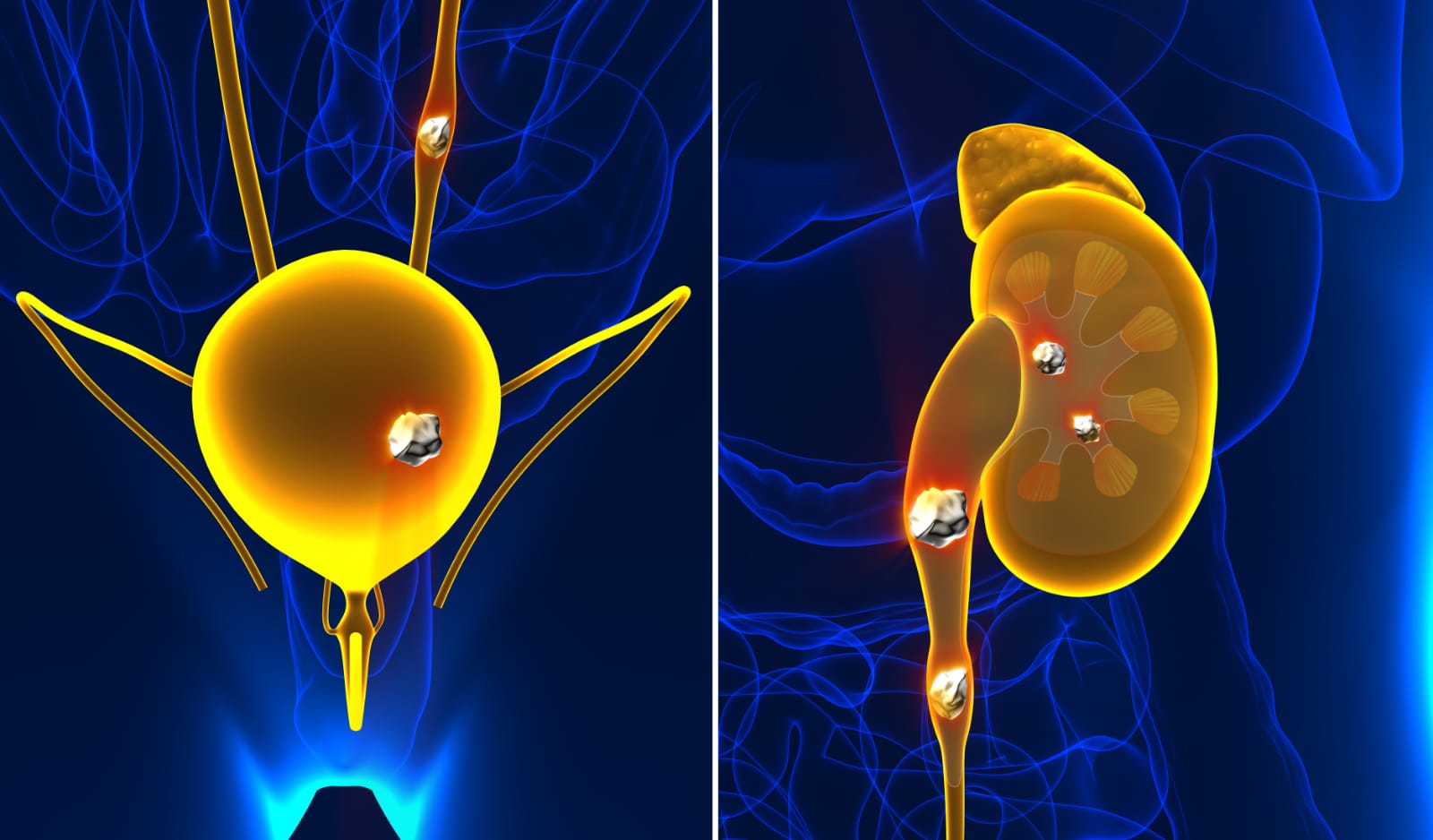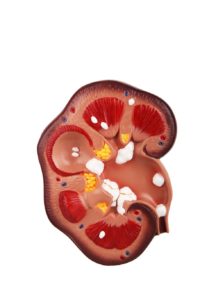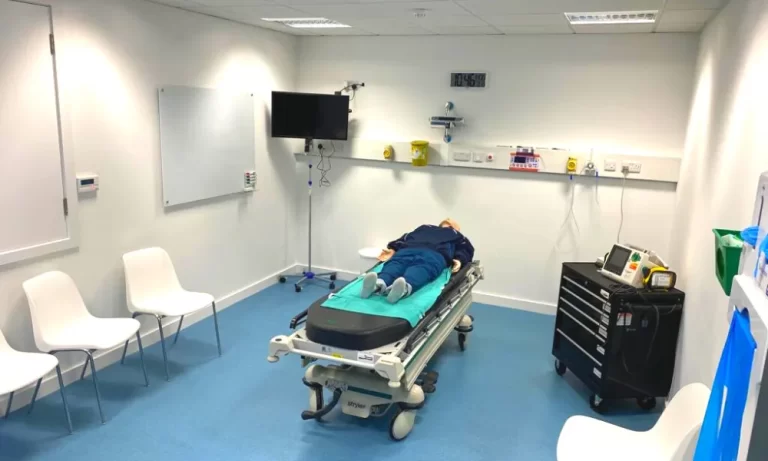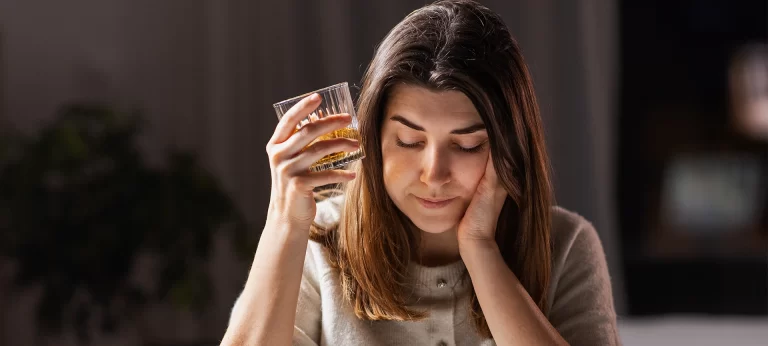
Kidney stones are also known as urolithiasis, renal calculi, or nephrolithiasis. It is formed inside kidneys by the hard deposit of salts and minerals.
Every year, nearly half a million people are operated on for kidney stones. According to statistics, one out of every ten people has kidney stones at some point in their life.
Kidney stones can be of various types including uric acid, calcium oxalate, cystine, Struvite etc. But fortunately, it is treatable. If you need expert advice regarding Kidney Stone in Delhi, you can go to the best kidney stone doctors in Delhi as they can guide you with the whole treatment process.
Symptoms of Kidney Stones
A kidney stone usually will not cause any symptoms until it passes into ureters or moves around within kidney. If kidney stones reach and lodge in the ureters, it may cause the kidney to swell and also block the flow of urine. This can be very painful for the patient.

A patient of Kidney stone can have following symptoms:-
- Sharp pain in the back and side, below the ribs
- Burning sensation or painful urination
- Pain in the groin or lower abdomen
Other possible symptoms are:
- Vomiting
- Brown, red, or pink urine
- Persistent urge to urinate, small amounts of urine, or urinating more than usual
- Fever due to infection, if present
If there are any of these symptoms, one should immediately go to a Kidney Stone Treatment Hospital and seek proper treatment. Ignoring this will only make things worse.
What are the causes of kidney stones?
There’s no definite or single cause of kidney stones. However, several factors increase the risk of getting kidney stones.
The problem of kidney stones occurs when urine has excessive levels of crystal-forming substances, such as uric acid, oxalate, and calcium. Due to the increase in the amount of these substances, the fluid in urine is unable to dilute them.
Some of the factors that increase the risk of kidney stones are:
- Diets with high sodium, sugar, or protein
- Family history
- Dehydration
- Obesity
- Digestive diseases
- Certain medical conditions
- Certain supplements and medications
Kidney Stone Treatment
Patients with kidney stones are always advised to drink a lot of water. At first, doctors try to let the kidney stones pass without surgery. They may also give medication to make urine less acidic. But if the stones are too big and get lodged in ureters, then one will need to be operated to remove the stones.
There are several techniques for removal of Kidney Stones today. Ureteroscopy is used for removal of lower & middle ureteric stones.
Lithotripsy may be used for some Kidney stones but success rate is not high. PCNL is widely used procedure removal of Kidney stones. In today’s time, RIRS is probably the best treatment for removal of Kidney Stones. RIRS is a no hole, no cut, day care & safest procedure for removal of Kidney Stones today.
Final Words
The problem of Kidney stones can happen to anyone. One should maintain a healthy weight, drink plenty of fluids to reduce the risk factors.







